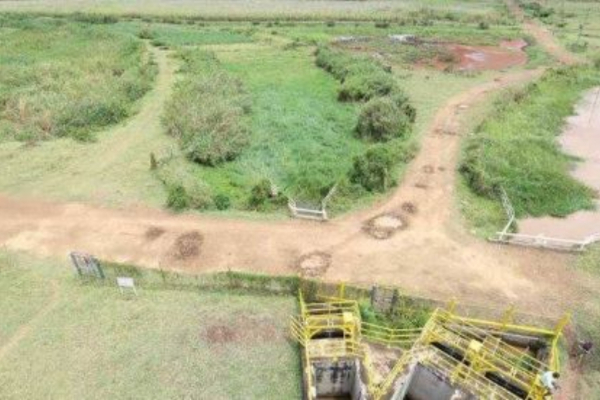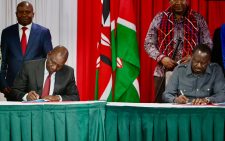Residents interests must come first in Yala project

The recent National Lands Commission’s lease of 6,900 hectares of Yala Swamp to Lake-Agro for 66 years must put residents’ interest first for several reasons.
Extraordinary potential of the swamp as agricultural land that can be used to significantly boost Kenya’s food security must not override other important interests.
The swamp supports several communities that utilize the wetland’s natural resources to support their families and secure their livelihoods and this should not be ignored.
A number of residents from the communities living near Yala Swamp and organisations entrusted with the promotion and conservation of wildlife, environment and natural resources, have reacted to the move, pointing out how a similar land agreement with Dominion farm failed to address community needs and concerns. For example, farmers were worst hit as most of the land was claimed by the investor – the battle for land with farmers saw Dominion farm continuously expand its space over time.
The conflicts between Dominion Farms Limited and the local community arose from competing access and user rights of the swamp resources. Restricting user and access rights to a single investor could exacerbate the conflicts. Agreement with the new investor should take into consideration the livelihoods of thousands of residents who depend on the swamp.
Yala swamp is the largest natural resource in Siaya County. There are rare species of birds, fish and mammals in the swamp, in addition to vast amounts of carbon. The swamp holds abundant water. In this case, agreement that changes land use from wetland to agricultural land presents a major change in land use and should be handled with caution.
The swamp wetland offers important biodiversity of flora and fauna. Authorities need to guard against loss and destruction of the habitat and natural ecosystem, and fishing – one of the activities undertaken in Yala Swamp, that could arise from chemicals used in large scale agricultural production.
Yala Swamp is the largest freshwater Swamp in Kenya and prone to human activities that threaten its future. There is a need to put measures in place to ensure its sustainability.
Most importantly, thorough assessment is required to ensure only environmentally friendly activities are carried out at the swamp.
The community must be involved in the planning and implementation on what governments national and county institutions are doing for them. In that case, they will take care of it and take it as their own. Effective and meaningful public participation and adherence to environmental standards and practices need to be at the heart of engagements.
The local community must be treated fairly. Investments should improve livelihoods.
It is encouraging that Lake-Agro Limited has pledged to take measures to support the community, including establishing scholarship programmes and giving 15 per cent of jobs to residents.
Ultimately, the Land Commission must ensure better management of resources with recommendations of Yala Delta Land Use Development Plan providing reclamation of parcels reserved for communities.
Public agencies, including interested parties charged with mandate touching on matters of environment conservation, sustainable management and use of land-based resources, should discharge their responsibilities in line with laws, processes, and best interest of the residents.
— The writer is a Public Policy Analyst
—aphojuma@hotmail.com












